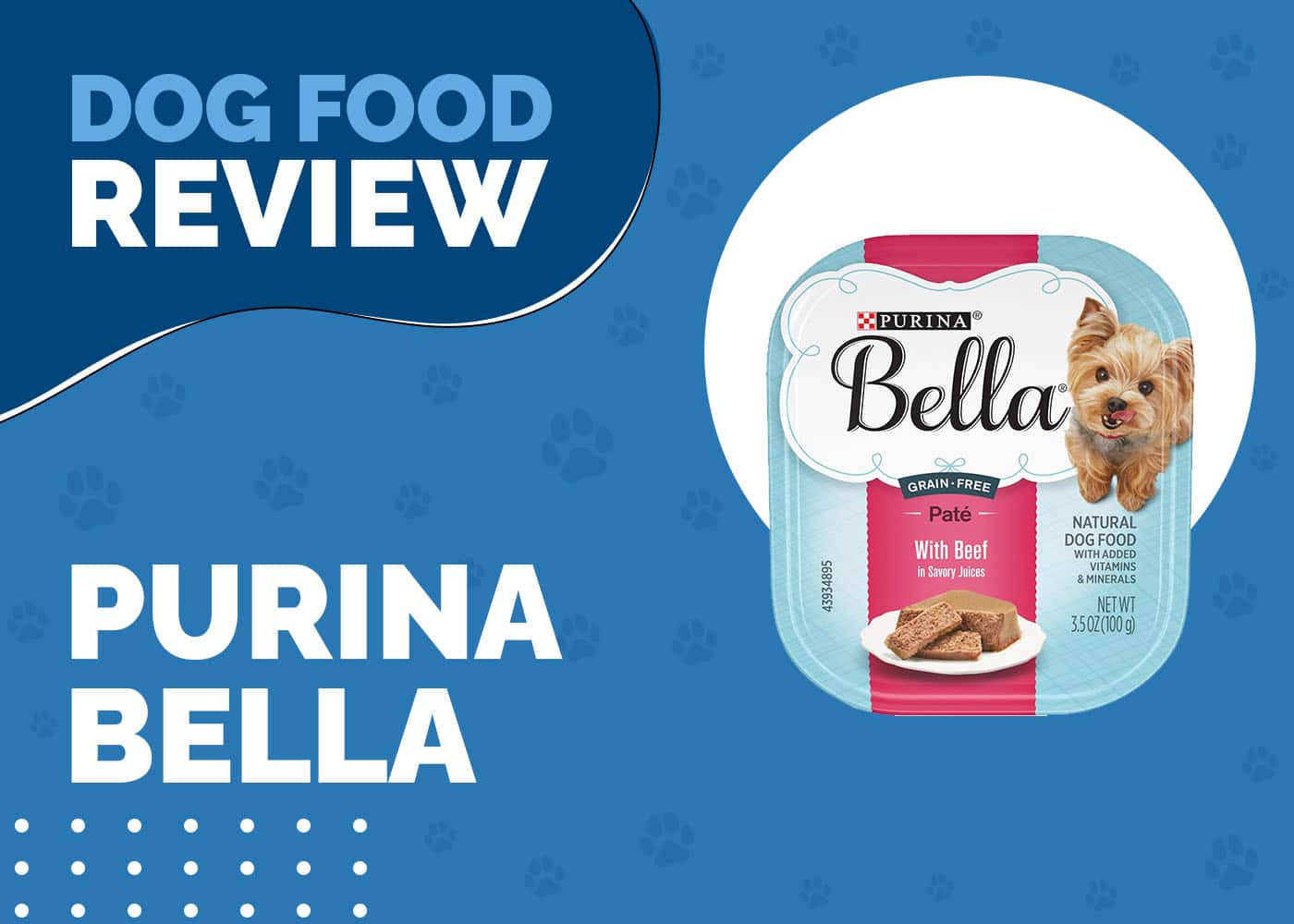Can Dogs Eat Salami? Nutrition Facts & Safety Guide

Updated on

Salami is a type of meat, which means that it seems quite fitting for most canines. However, all is not how it seems with this type of meat. Salami can contain quite a bit of salt and maybe make various unsafe seasonings like onions and garlic.
While a bit of salami will not hurt your dog, you likely do not want to make it a regular part of their diet. Below, we’ll discuss the nutritional benefits of salami, as well as reasons you might want to avoid it. In particular, some dogs may want to avoid this food, so we’ll take a look at how salami affects certain health conditions as well.
The Nutritional Content of Salami
Salami is meat, so it contains what you would expect meat to. It is relatively high in fat and protein. Luckily, these are the two macronutrients our dogs evolved to live off of. According to one study, dogs prefer to eat a diet consisting of mostly protein and fat when given control of their diet.
When left to their own devices, animals are pretty good at choosing a diet that best fits their needs, so we can bet that this diet represents their optimal diet.
However, that’s about where the positives stop. Salami tends to contain a lot of sodium. It is preserved with salt so that the sodium content can be very high. Usually, it exceeds 500 mg, based on the nutritional labels of a few different salami brands.

For reference, a moderate-sodium diet for canines is about 50-80 mg of sodium for every 100 calories of food, according to the Vermont Veterinary Cardiology Service.
While this much sodium is not necessarily a great idea for even humans, it can be a whole lot for dogs, especially if they are smaller. For this reason, we cannot recommend that your dog consume a lot of salami. It is not particularly suitable to use as even a treat. Smaller dogs are even more sensitive to salami due to their smaller body size. That sodium is a lot for them!
Dogs That Should Avoid Salami
Despite the high amounts of sodium, most dogs will be OK if they eat a slice of salami. If they snuck a piece off the floor, there is no reason to worry. However, there are some situations where dogs should altogether avoid salami because it might harm their health.
Dogs with particular health situations are sensitive to sodium. Salami can interfere with their body’s ability to keep their sodium low, worsening their condition. In severe cases, salami can even be deadly for these dogs if they overeat it.
These health conditions include any disease or disorder that affects the dog’s kidney or liver. These organs filter out the salt. If they are already injured, the salami’s extra salt can further stress these organs and sometimes cause severe damage.
In many cases, these dogs may be on a low-sodium diet, which means salami would be a no-go for them. One slip-up probably won’t hurt, but it depends on your dog’s specific condition.
Dogs with heart conditions also need to watch their sodium intake. Heart failure is associated with excessive fluid build-up. Sodium intake can make dogs hold even more fluid, which can worsen their condition. For this reason, watching your dog’s sodium is required to prevent life-threatening heart failure from worsening.
At the end of the day, if your dog is on a reduced-sodium diet, you should not feed them sodium.

Should I Feed My Dog Salami?
A bit of salami is likely not going to injure your canine. If your dog snatches some salami off the floor or the counter, you don’t have to worry about rushing to the vet. However, salami is very high in sodium, even though it is a type of meat. Because of this, you should not make salami a regular part of your dog’s diet.
Salami is so high in sodium that we don’t recommend using it as a treat either.
If your dog has a specific health condition that makes them sensitive to sodium, call your vet if they accidentally eat some salami. A little bit likely won’t hurt them, but there may be some symptoms you need to watch out for.
Featured Image: fichte7, Pixabay











